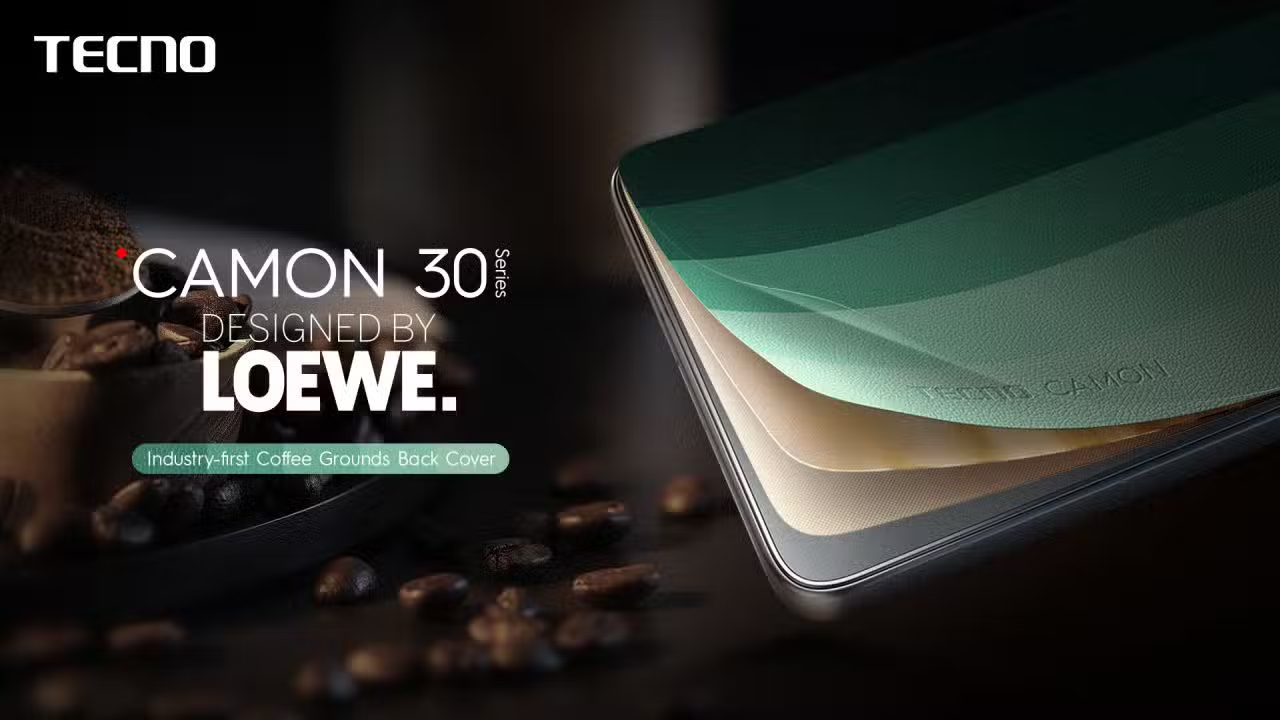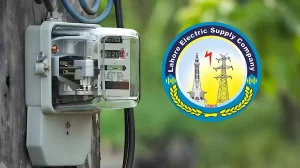According to a McKinsey & Co. poll, 75% of millennials and 66% of all respondents take sustainability into account when making purchases. Consumers are more likely to choose brands that share their beliefs when it comes to environmental stability in particular.
According to a survey conducted by The Economist, consumers feel that governments and brands should work together to promote positive environmental change. Global internet searches for sustainable products have surged by 71% in the last five years. This pattern is not exclusive to developed nations. Concerns about climate change are also linked to consumer happiness in developing and emerging countries, where many consumers want companies to pledge to protect the environment and natural systems.
Over 2 billion cups of coffee are consumed worldwide each year, producing millions of tons of wasted coffee grounds. As these grounds break down, toxic greenhouse gasses are released.Leading smartphone manufacturer TECNO Pakistan just unveiled its CAMON 30 Series design edition in association with LOEWE.
This creative version has a back panel made from used coffee grounds that have been cleverly recycled to create the smartphone’s case. This demonstrates TECNO’s attempts to be environmentally conscious and sustainable through careful design, all the while retaining the premium amenities that their loyal customer base has come to expect.
This coffee ground back cover is made using only solar energy and no additional water or solvents during the manufacturing process. In terms of appearance, durability, texture, and environmental impact, this method outperforms conventional synthetic and animal leather. Conscientious consumers can opt for a sustainable option with the cover’s sumptuous touch, resilience against temperature and humidity variations, and protection to UV rays.
Over the course of its lifetime, each phone cover has consumed about 0.8g of leftover coffee grounds, resulting in a considerable reduction in the usage of non-renewable resources (fossil fuels) by 49.6% and carbon dioxide emissions by 46.3% when compared to standard leather covers.
Utilizing LOEWE and TECNO’s cutting-edge material technology, the new edition features a green gradient design that is modeled after the natural leaf’s life cycle. This color scheme celebrates nature, technology, and fashion working together for the good of the earth, symbolizing development and life.
TECNO has ensured that the entire life cycle minimizes environmental impact by incorporating all the fundamental concepts into the development of their new products. Eco-design is a methodology that incorporates economic and environmental factors at every level of the product design process.
Key components of such smartphones include lowering material and energy intensity, minimizing toxic emissions, improving recyclability, encouraging sustainable use of renewable resources, enhancing durability, and raising service efficiency, according to the World Business Council for Sustainable Development (WBCSD).
The main goal of sustainable design is to create and manufacture goods in a way that is comparatively more ecologically friendly while also taking customer expectations and market mood into consideration.Product design has changed significantly from being concerned with traditional customer requirements like performance, shape, and easy-to-use, to sustainability considerations (social, economic, and environmental requirements) in the design process. However, researchers at
Accenture emphasize that affordability and quality still remain the primary drivers behind most purchasing decisions. The concept of sustainability in a product’s design philosophy is to balance environmental, economic, and social elements in the design of products and services.This new design edition, LOEWE by CAMON 30 Series, not only enhances style but also comes at a great price and reflects a commitment to environmental sustainability.









